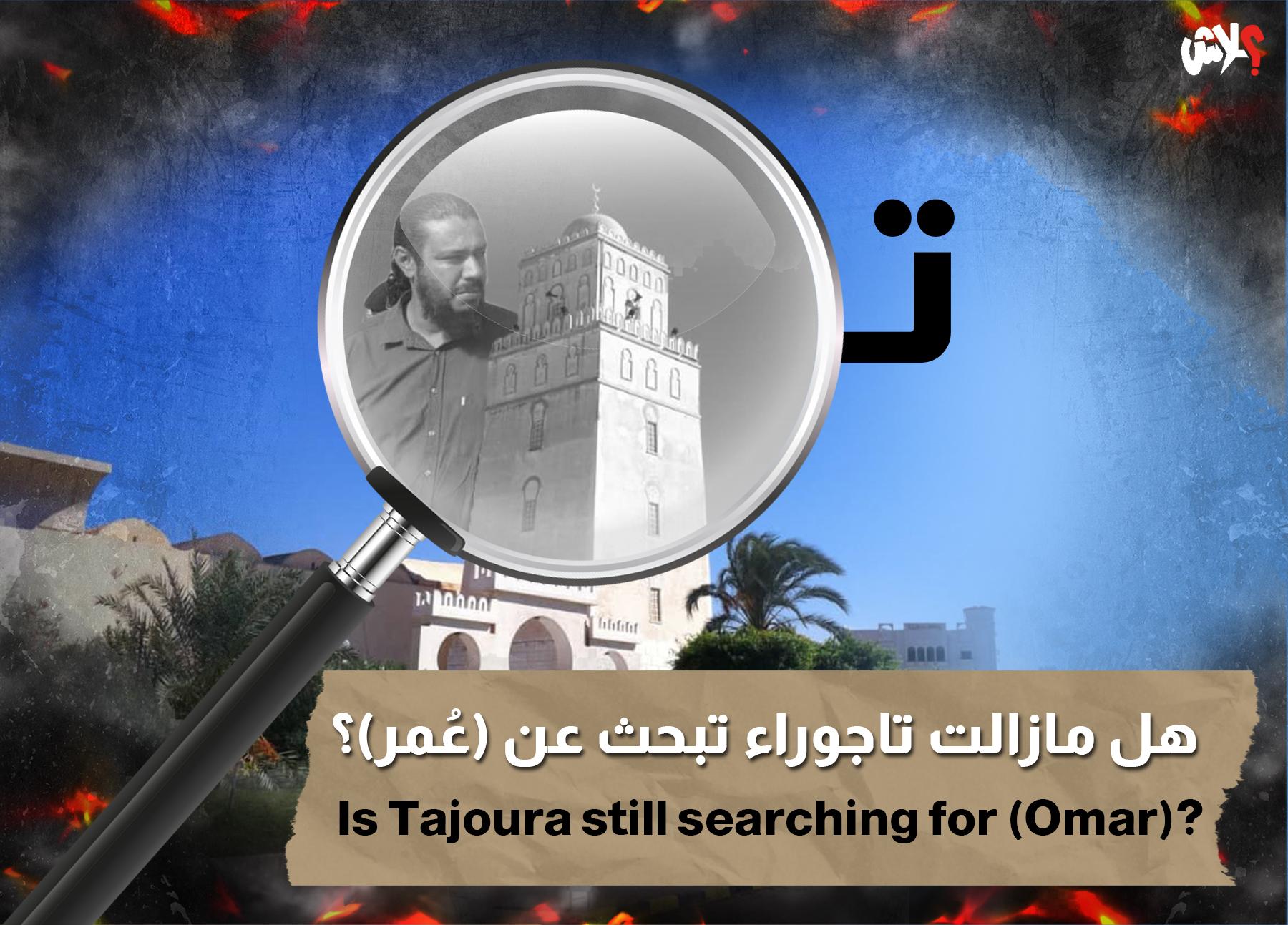Is Tajoura still searching for (Omar)?
Tajoura has always played a significant role in governing Tripoli, from the time of Ghouma Al-Mahmoudi's revolt against the Ottomans to the recent control of the city by Al-Baqara. However, during the chaos of the past twelve years, a general principle has been adopted by all armed groups in Libya: "Your political weight and influence over the ruling power are linked to the institutions or public entities you control and can use as bargaining chips." The armed groups in Tajoura, lacking such entities that could allow them to impose their will on the ruling authorities in Tripoli, have found themselves embroiled in internal conflicts. The "Rahbat Al-Duroua" force, led by Bashir Khalaf Allah, also known as Al-Baqara, has repeatedly attempted to seize Mitiga Airport, clashing with the Special Deterrence Force in hopes of gaining control over part of the airport, thereby establishing internal weight in Tajoura and external influence in Tripoli. However, all these attempts have failed. It seems that Al-Baqara has learned from these struggles and has accumulated the experience needed to think differently about creating influence over decision-making in Tripoli.
Bashir Al-Baqara began his internal campaign in Tajoura to extend his control, starting by eliminating the Al-Dhaman Brigade, which had been a balancing force in the municipality with considerable weaponry. By taking over its headquarters, he sent a clear message that the era of multiple armed factions had ended, and the Rahbat Al-Duroua force began establishing itself as the dominant power in Tajoura.
On the political level, communication channels with the Special Deterrence Force began to open gradually, especially as conflicts within Tripoli escalated among various armed factions. The Government of National Unity managed to secure permanent allies, although the Special Deterrence Force was not fully aligned with the government, it was not entirely opposed to it either. Many observers believe this situation led the Special Deterrence Force to secure its surroundings, including Tajoura, which is strategically significant due to its proximity. On the other hand, Bashir Al-Baqara realized that his true interest lay in forming an alliance with the Special Deterrence Force and resolving their disputes, as it represented his gateway to the ruling authority in Tripoli. Through this alliance, he could become a key player in stabilizing the capital, which many observers see as a matter of mutual interest.
However, this objective could only be achieved by Rahbat Al-Duroua completely dominating the armed forces in Tajoura. To this end, it was necessary to subdue all other forces, and within Tajoura, two factions were particularly influential: the "Martyr Sabriya Brigade" and the "Al-Aswad Brigade." Some observers suggest these groups have ties, in some form or another, to the Joint Force aligned with Misrata and the Government of National Unity. This explains the recent clashes that occurred last week, which we interpret in this analysis as part of Rahbat Al-Duroua's attempt to gain control. The Joint Force from Misrata intervened to restore its positions in the Martyr Sabriya Brigade, which had been completely taken over by Rahbat Al-Duroua.
During these clashes, Bashir Al-Baqara received military support from the Special Deterrence Force and social backing from the Souq Al-Jumaa area, which committed all its resources to support Al-Baqara in his battle against the Misrata Joint Force. This forced the latter to reconsider its position. Other forces aligned with the Government of National Unity, including the 111th Brigade led by Al-Zoubi, the Stability Support Apparatus, and the 444 Brigade, intervened to end the fighting and reopen the roads that had been blocked for three days.
Despite the intervention of so-called elders and notables from both Tajoura and Misrata to halt the fighting, most observers believe that any current ceasefire is fragile. The necessity of a single military force controlling Tajoura remains. Moreover, a major conflict within Tripoli itself between two military blocs vying for complete control of the city is inevitable. As we have stated in previous articles, since the time of the Al-Kib government, no government in Tripoli has handed over power without a war, and many believe that the Government of National Unity will be no exception.
Until that time comes, arm yourself with patience, and try to prevent yourself and those you influence from participating in this conflict. Above all, do not become one of the cheerleaders for any of these factions, for it is foolish to celebrate the destruction of your own nest. And don't bother asking about "Omar" in Tajoura, because Tajoura itself is lost!

